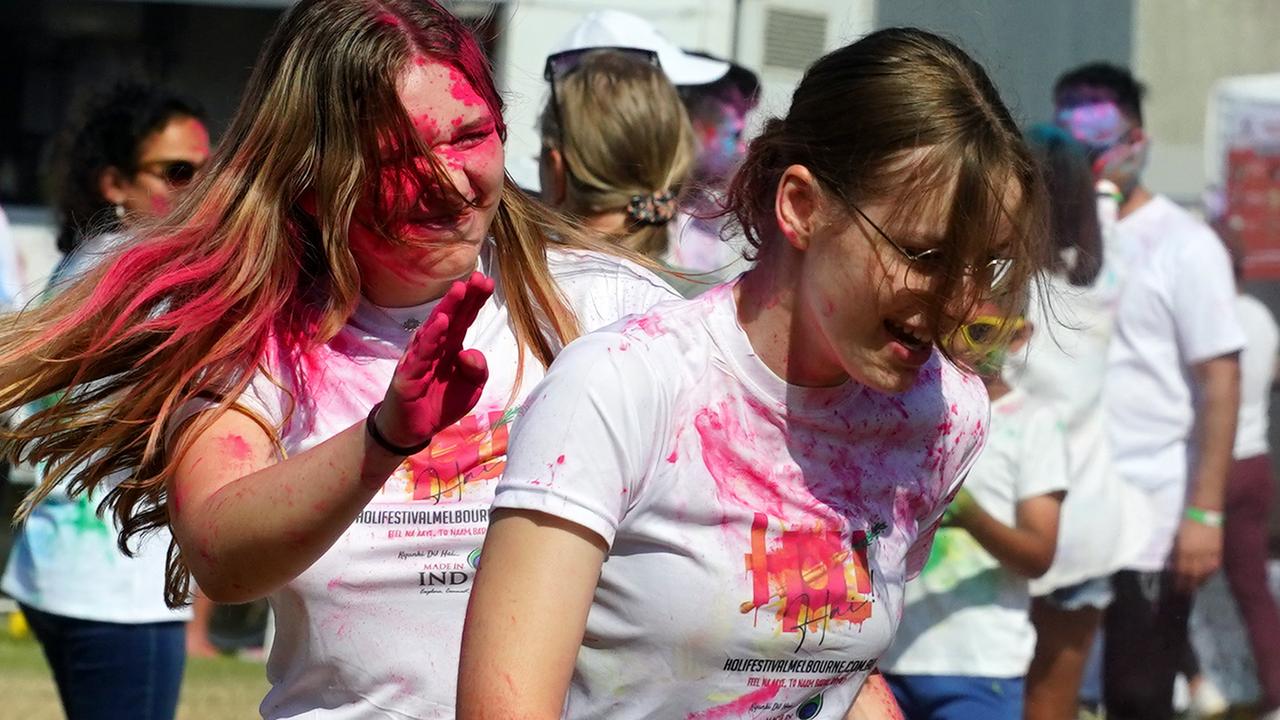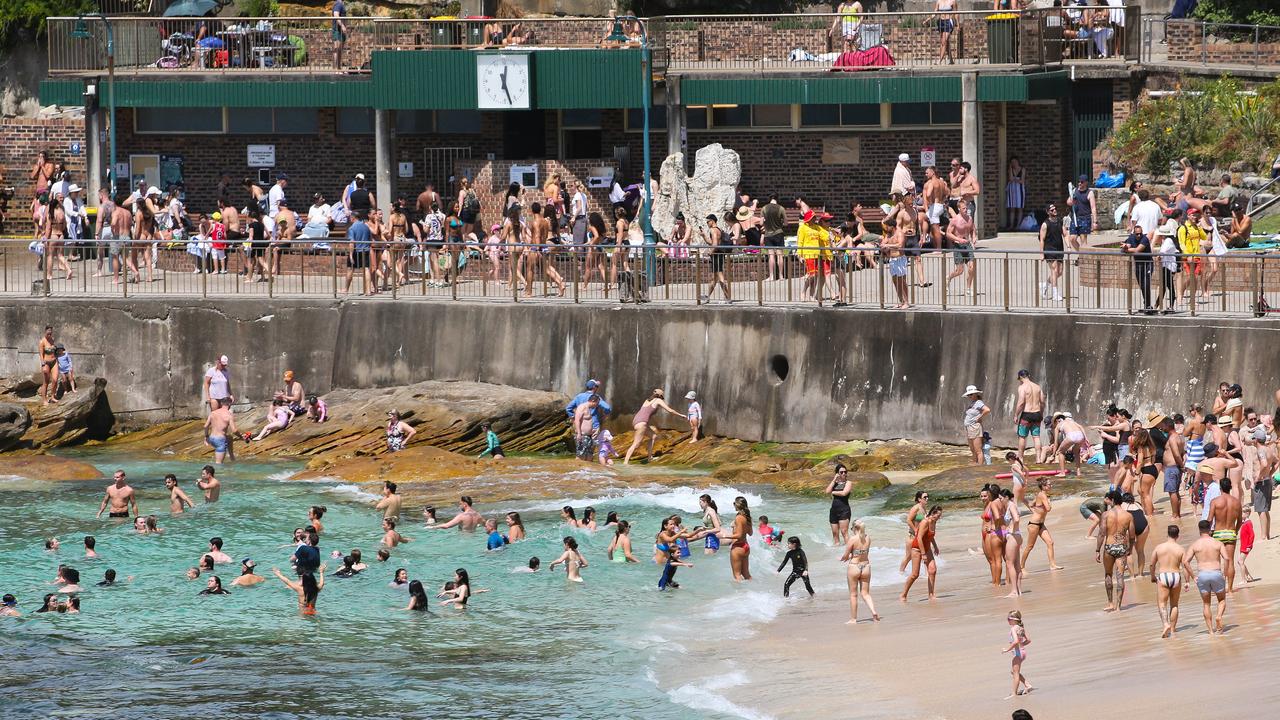How Turkey’s failed coup will further hurt its tourism industry
AS THE fallout continues from the aborted military coup in Turkey, this is where analysts say the hurt will be really felt — and it affects all of us.
AUSTRALIANS are again being urged to avoid travelling to Turkey as the weekend’s aborted military coup raises more questions about tourist safety in a country already rocked by attacks targeting foreigners.
After chaos erupted on Saturday in the streets of Ankara and Istanbul — home to many of Turkey’s most popular attractions — the Department of Foreign Affairs and Trade (DFAT) advised Australians in those cities to stay indoors and avoid unnecessary travel.
More than 1400 Australians in Turkey had registered with DFAT’s Smartraveller system and about 30 Aussies are believed to be still stranded at airports trying to leave the country.
No tourists were among the 290 dead or estimated 1400 injured after Turkish military officers attempt to take control of the country as bomb blasts and gunshots were reported across its two major cities.
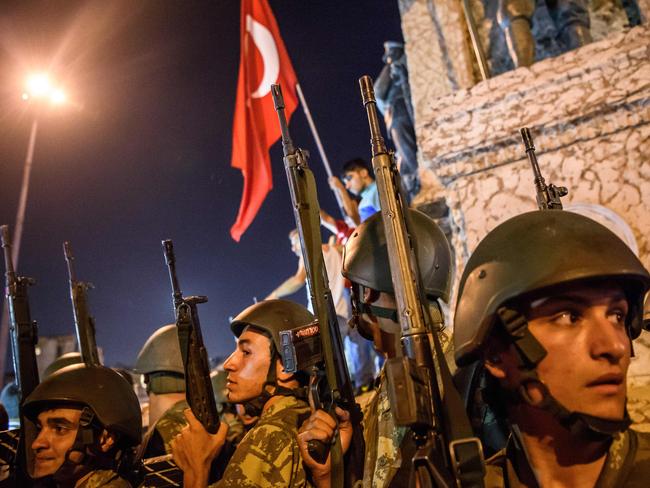
But the bloody coup attempt comes just weeks after foreigners were targeted in triple suicide blasts at Istanbul’s Ataturk International Airport — one of Europe’s major airports. Analysts now say the weekend’s unrest is just the latest blow to the country’s already battered tourism industry.
Turkey, home to the iconic Blue Mosque, the Grand Bazaar and the Australian pilgrimage site of Gallipoli, was the sixth most popular tourist destination in the world in 2014, welcoming around 37 million international visitors.
Even before the weekend’s chaos, tourist interest in Turkey was flailing. According to Turkish government figures, the number of foreign visitors fell 34.7 per to 2.28 million in May compared to the previous year — the biggest drop in 22 years.
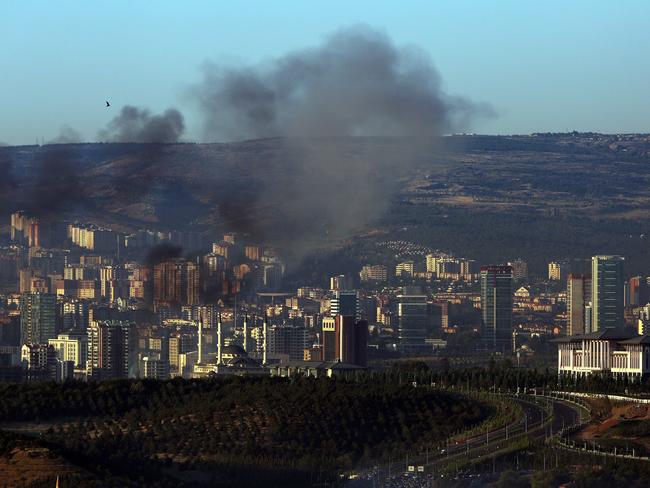
Summer bookings for 2016 are already down 50 per cent from last year, according to holiday firms. Some economists have forecast Turkey’s tourism revenue to tumble by a quarter this year, costing the country about $AU10.48 billion, Reuters reports.
A lot of that has been attributed to a massive drop in the number of Russian visitors after Moscow effectively banned tours to Turkey amid its dispute with Ankara over the shooting down of a Russian military jet in Turkish airspace in November.
But it has been a seemingly relentless assault of terrorist attacks — which Turkish president Recep Tayyip Erogan described as “one of the biggest waves of terrorism in (Turkey’s) history” — that has likely scared off everyone else.
Last month, 11 people were killed when a suicide bomber linked to a Kurdish separatist group targeted Istanbul’s Vezneciler district, close to the city’s famous Grand Bazaar.
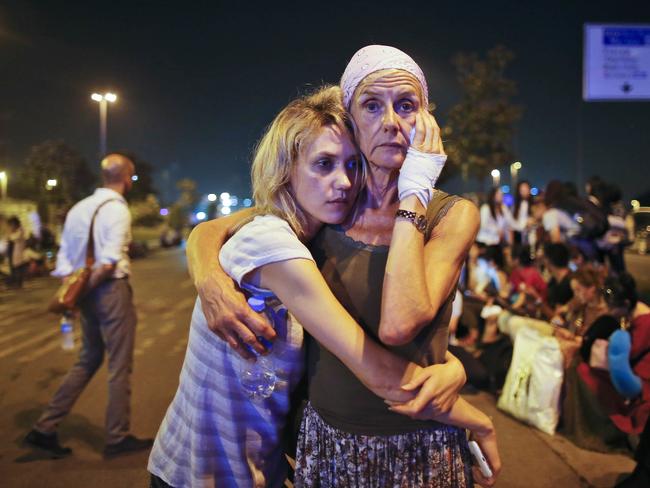
In January, 13 people, mostly German tourists, were killed near the site of Istanbul’s iconic Blue Mosque and Hagia Sophia museum in an Islamic State suicide bombing.
A suicide bomber with links to IS set off an attack on the popular shopping strip of Istiklal in March, killing four people — including two Israeli-American tourists — and injuring 36.
The Blue Mosque, one of the city’s biggest tourist drawcards, was targeted again in April when a suicide bomber injured eight people.
Data from Travel Insurance Direct shows the number of Australian tourists travelling to Turkey is down 66 per cent from June 2015 to June 2016.
The firm’s travel safety expert Phil Sylvester said Turkey’s deteriorating security situation had been a concern for some time, especially since the Blue Mosque attack.
“This weekend’s events may be the apex of that and a catalyst for a change for the better. Fingers crossed,” he told news.com.au.
Ataturk International Airport is a major traffic hub in and out of Europe and Mr Sylvester said Australians transiting through would be safer by remaining in the secure side of the airport.
“Behind the security checks and scanners is the safest place in an airport,” Mr Sylvester said.
“If your layover would normally be long enough to take a quick tour of the city, think carefully about how comfortable you are with that. Remember DFAT is still warning Aussies in Istanbul to limit all unnecessary travel in the city.
“I do note, however, an image in some of the papers of a Turkish woman and her child taking a selfie in front of a battle-scarred tank. Maybe things will return to normal sooner rather than later.”
Mr Sylvester reiterated that no tourists or innocent bystanders appeared to have been among the dead from Saturday’s coup attempt.
“They were military and police personnel and citizens who had deliberately taken to the streets to oppose the coup,” he said.
“Although an unpleasant experience, statistically speaking a tourist in Istanbul is in more danger crossing the road than being in the city during a coup.
“Still, it makes sense to act cautiously and take precautions.”
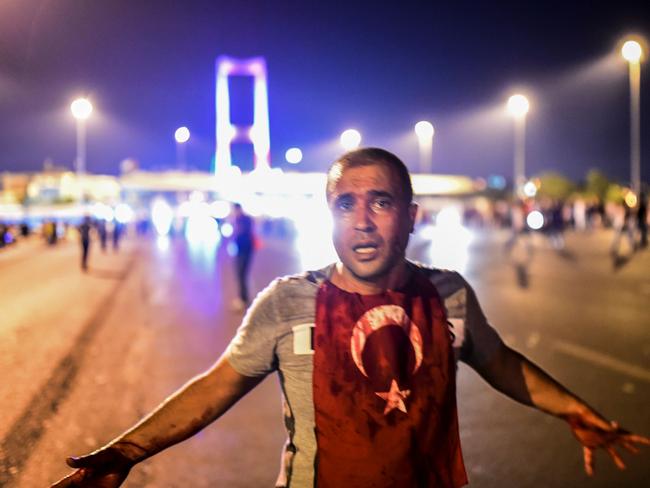
Bookings analyst company ForwardKeys found that following the recent bombing and the attack on Ataturk Airport, bookings to Turkey were down 36 per cent — or 45 per cent in the case of arrivals from specifically from the Asia-Pacific region.
“Given what happened over the weekend I expect that decline in bookings will accelerate, at least in the short to medium term,” Mr Sylvester said.
Turkey’s tourism industry contributes a sizeable 12 per cent of the national gross domestic product.
Analysts suggest Turkey’s national flag carrier Turkish Airlines will bear the brunt of the economic fallout from Saturday’s failed coup attempt.
“Turkish Airlines unfortunately will face the heat from this,” said Mark Martin, the chief executive of Martin Consulting in Dubai.
“Should events that follow the military coup be linked to regional instability and the state detaching from the country’s leadership, it is likely that Turkish Airlines may face both financial and market share retardation.”
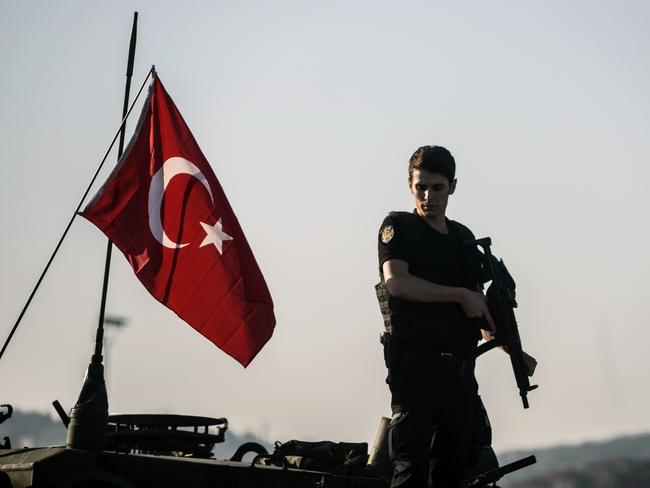
The airline, which derives 60 per cent of its revenue from transit passengers, is still smarting from last month’s attack at Ataturk Airport.
On the weekend the United States made the extraordinary step of banning Turkish Airlines and all other carriers from any other country from flying to the US from Turkey, including via third countries.
The US Federal Aviation Administration has also banned any US carriers from flying in or out of Istanbul or Ankara airports.
Turkish Airlines said earlier on Monday it had cancelled 196 domestic and international flights in and out of Istanbul due to disruptions in air traffic brought on by the attempted coup.
Regular operations have resumed but a backlog of flights congested traffic at Ataturk airport.
DFAT said the situation in Turkey following the coup attempt was “normalising”. Australians in the country are urged to avoid unnecessary travel, large gatherings and demonstrations.
The department said Australians in Turkey overall should exercise a high degree of caution.
It said travel should be reconsidered to Ankara and Istanbul, as well as the provinces of Batman, Bingol, Bitlis, Gaziantep, Hakkari, Hatay, Kilis, Mardin, Sanliurfa, Siirt, Sirnak, Tunceli and Van.
Australians should avoid areas within 10 kilometres of Turkey’s border with Syria.


